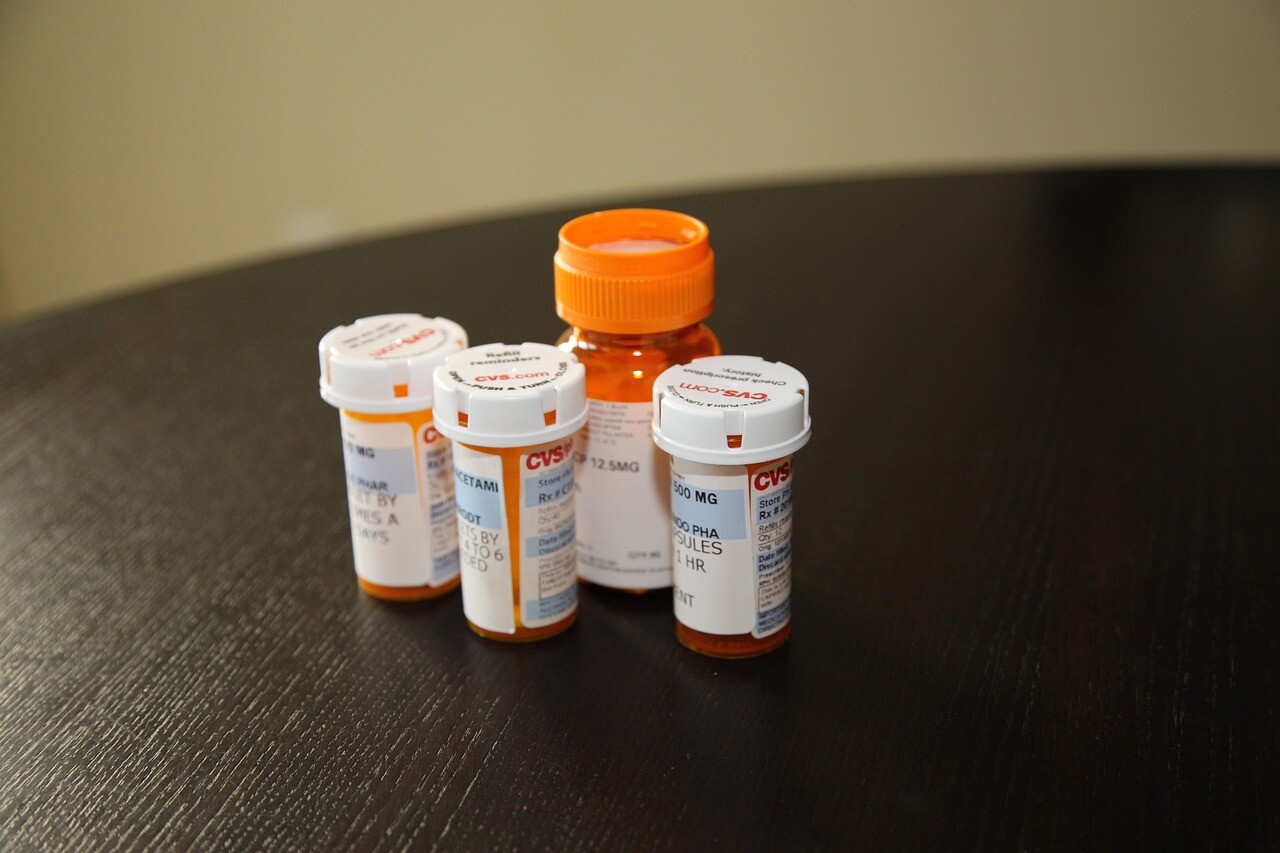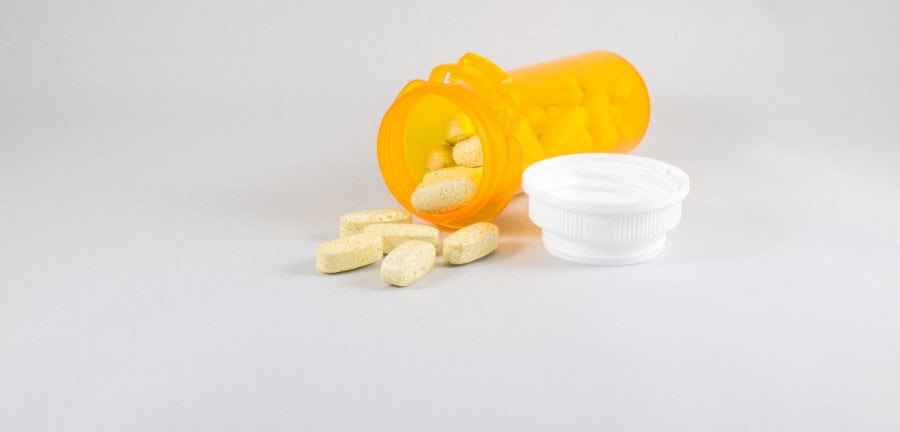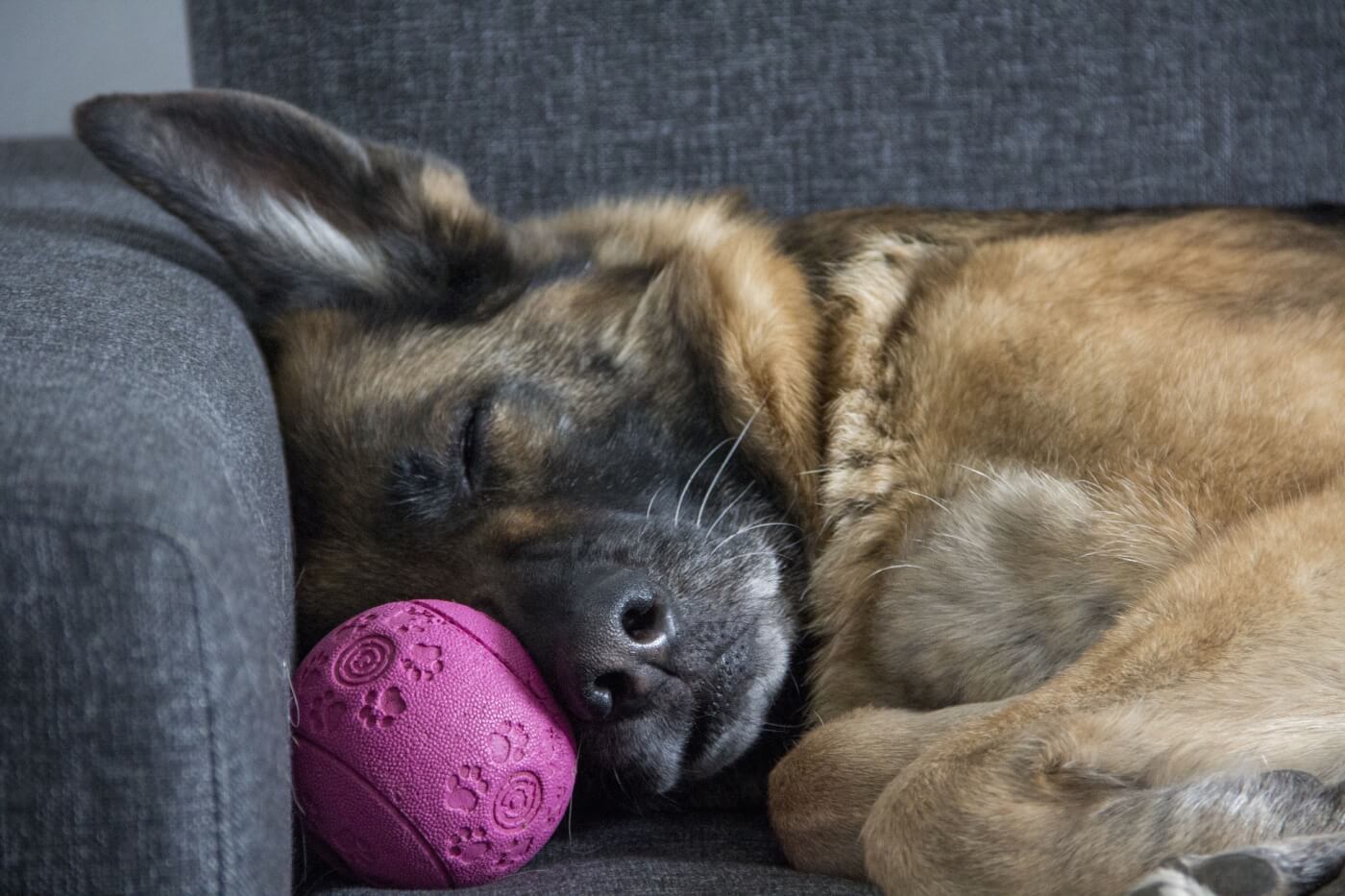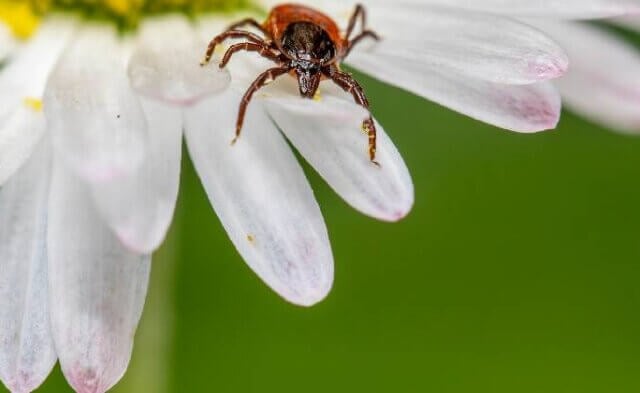 According to recent studies, 50 percent of Americans take prescription medications, and the number is rising.
According to recent studies, 50 percent of Americans take prescription medications, and the number is rising.
When you consider that approximately 100 million Americans take medication two to three times per day, that most dogs eat anything we drop on the floor, and that our dogs are often in proximity to us whenever we’re home, the danger to our animal companions appears obvious. The largest proportion of thousands of recent calls to a Pet Poison Helpline were related to human drugs and medications. Within this category, 66 percent of inquiries were about human prescription drugs, with the most common including antidepressant, anti-anxiety, sleep-inducing, and cholesterol-lowering drugs.
At my hospital, the most common scenarios that we see include the following:
“I dropped all my pills on the floor and my dog just ate them.” In this scenario, we try to determine the type and strength of the medication and the number of pills eaten to assess the potential danger to the animal. If risk of danger is deemed very small, observation usually suffices. If there is doubt regarding the risk of danger, we usually advise going to your veterinarian to induce vomiting, then administering charcoal to prevent the absorption of any drug that might still remain.
“I came home and found that my dog chewed an entire vial of medication.” In this instance, the guardian often brings us a chewed-up vial of medication but seldom knows how many pills were in the vial at the time. In some cases, the prescription label is missing or illegible. This situation is handled as above but with a greater level of concern, and sometimes 24 hour observation is advised.
“My dog is ill, and I don’t know what happened.” In this scenario, we work backward and ask if any medications could have been ingested.
Dogs make up the vast majority of cases of exposure. Fortunately, effects are usually mild, and outcomes are excellent. Cats do not fare as well, possibly because of their smaller size and difficulty metabolizing medications.
So how can you prevent your animal companion from ingesting human medications in your home? Try taking the following steps:
- Keep all vials of medications at a height that is not accessible to your dog.
- Keep the top of all vials closed when not in use to prevent the contents of the vial from being expelled.
- When handling your medications, do so over a counter, table, or sink, so if a pill falls, your dogs or cats don’t have access to them.
- Know the names and strengths of medications that you are taking. Have this information somewhere besides on the vial itself.
- Call the Pet Poison Helpline at 1-800-213-6680 with any concerns.
- Do not attempt to induce vomiting at home. These efforts often fail and cause significant stress to your pet, and most importantly, precious time is lost by allowing the medications to be absorbed from the stomach. Instead, call your nearest veterinary emergency center for advice and directions.






